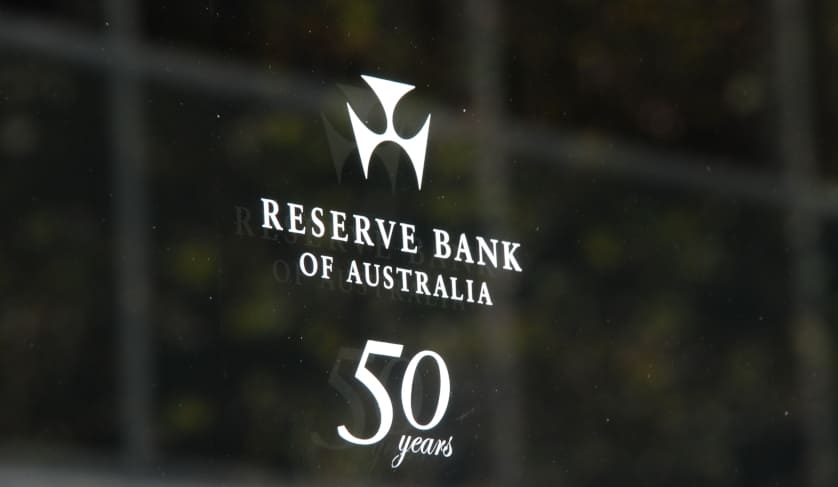RBA announces June cash rate decision
The official cash rate for June has been announced by the Reserve Bank of Australia following its monthly board meeting.

The RBA board has again decided to keep the cash rate at a record low of 1.5 per cent, in a move predicted by most industry pundits.
None of the surveyed respondents on finder.com.au’s panel of industry pundits predicted a rate change, despite some economic indicators showing signs of a slowdown.
The decision once again breaks the record for the longest period of time in Australian history that the cash rate has remained at the same level.
In April of this year, the RBA broke the former record of 17 consecutive meetings of unchanged interest rates (set in 1995–1996) when it kept the cash rate on hold for the 18th time.
The June decision continues the record-breaking run, as Australia’s official cash rate has now been 1.50 per cent for the 20th consecutive time (or 22nd consecutive month, seeing as there is no cash rate announcement in January).
CoreLogic’s head of research Tim Lawless predicted a hold but could see a rate hike as early as October.
“From a housing market perspective, a stable rate environment is positive. However, there is risk that mortgage rates could rise, regardless of the steady cash rate, due to higher funding costs being faced by lenders overseas,” Mr Lawless said.
Capital Economics’ Paul Dales claimed that the central bank’s determination was influenced by the findings of the Royal Commission into Misconduct in the Banking, Superannuation and Financial Services Industry.
“Economic conditions are not strong enough to warrant higher rates and the RBA is becoming concerned that the banking royal commission will result in some households and businesses finding it harder to get credit. The RBA won’t want to raise the price of credit at the same time,” Mr Dales said.
LJ Hooker’s head of research, Mathew Tiller, also noted that economic conditions argued against a rate change, but he believes the RBA would be pleased with recent housing market trends.
“There has been no material change in indicators since last month. Property price growth continues to moderate, which will be welcomed by the RBA. Investor demand has eased, with owner-occupiers and first home buyers coming back into the market to fill the gap,” Mr Tiller said.
Economist at AMP Capital Shane Oliver said: “Basically nothing has changed. Signs of stronger investment, booming infrastructure spending, strong export volumes and the RBA’s own forecasts argue against a cut.
“Uncertainty around consumer spending, the slowing Sydney and Melbourne property markets, tightening bank lending standards and the slowing Sydney and Melbourne property markets argue against a hike, so no case to move.”
Mortgage Choice’s head of corporate affairs, Jacqueline Dearle, echoed Mr Oliver’s sentiment, saying: “The RBA’s decision to hold would be consistent with sustainable growth in the economy, home loan demand remaining stable and achieving the inflation target over time.”
However, despite also predicting a hold verdict, managing director of Market Economics Stephen Koukoulas said he believes the central bank should cut rates.
“It remains the case that the RBA is downplaying the news of falling house prices, rising unemployment rate, weak wages and inflation. It should cut rates but it won’t,” Mr Koukoulas said.
Further, managing director of 1300HomeLoan John Kolenda claimed that borrowers should expect out-of-cycle interest rate hikes from banks, irrespective of the official cash rate decision.
“These increases are already starting to flow through and we could see upward rate movements of more than 20 basis points,” Mr Kolenda said.
“If the lending environment wasn’t complicated enough, the spotlight on the banks from the Hayne royal commission into the financial services sector is making home finance more difficult, particularly through tighter controls on customer living expenses, which has resulted in borrowing capacity for consumers dropping by 10–30 per cent over the past quarter.”

